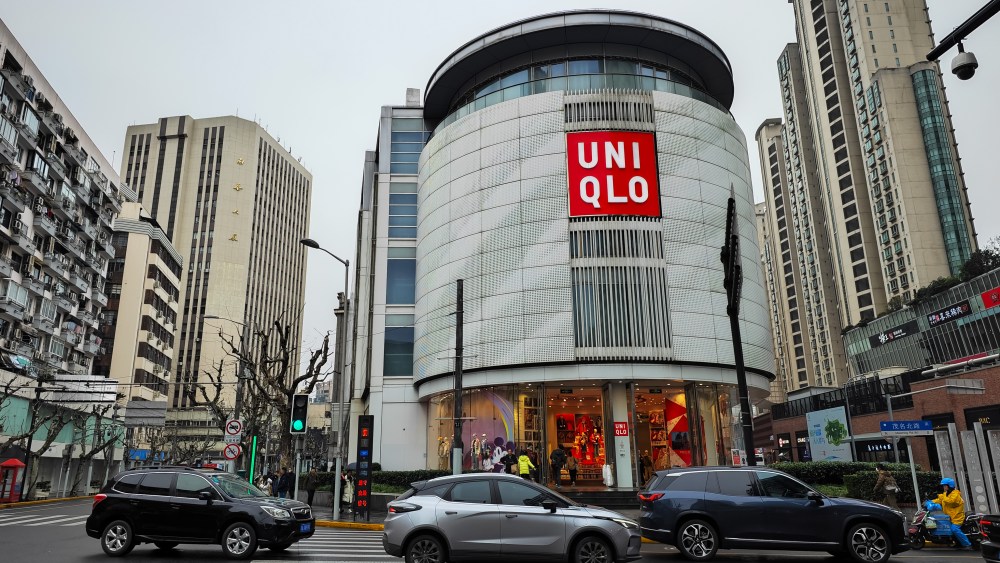LONDON – China‘s government has kept its cool and offered a muted response to comments by Tadashi Yanai that Fast Retailing does not use cotton from Xinjiang.
Yanai, president and CEO of Fast Retailing, the parent of Uniqlo, told the BBC his company does not use cotton from the region, despite working closely with Chinese manufacturers. It was the first time Yanai has gone on the record to confirm the company’s policy.
In the past, comments criticizing Xinjiang would have been met with angry disapproval by the Chinese government and caused a major media storm.
You May Also Like
This time, China took a step back, with government spokeswoman Mao Ning saying: “Xinjiang cotton is among the best in the world, and businesses shall make decisions based on their own best interest instead of being swayed by political pressure.”
Xinjiang cotton has been at the center of a geopolitical battle between China and the U.S. since the U.S. Customs and Border Protection issued a ban on goods sourced from the region in 2021. The U.S. said it was concerned about alleged exploitation of Uyghur minorities in the autonomous region.
In the past, brands that stood by the U.S. ban have been blacklisted by the Chinese government.
As reported, e-commerce searches and ads for H&M products were temporarily blocked and at least six physical stores were forced to shut due to “landlord decisions.” Nike, Adidas, Burberry, and Hugo Boss were targeted as well.
Beijing has categorically denied any abuses in the region, and has punished those who issued public comments regarding alleged forced labor in Xinjiang.
It is unclear why China has apparently softened its stance on those who refuse to work with Xinjiang cotton.
The Greater China region is a significant one for Fast Retailing, representing around 21.8 percent of total revenue in the latest quarter. It is also the company’s biggest market outside Japan.
In the fiscal year ending on August 31, 2024, Fast Retailing said that full-year revenue rose 9.2 percent to 677.0 billion yen, or $4.51 billion, in Greater China. There was also a 0.5 percent increase in operating profit, totaling 104.8 billion yen, or $698 million.
While Yanai may be keeping his distance from Xinjiang cotton, fellow Japanese slow-living retailer Muji is doing the opposite. It has been embracing prime quality cotton from Xinjiang.
In 2021 it even added “Xinjiang cotton” as a keyword in its product descriptions across its e-commerce channels.



